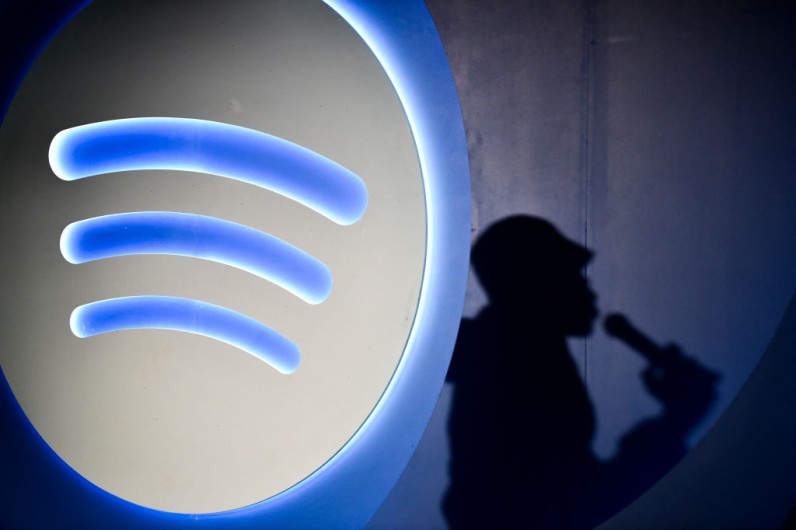
A North Carolina 'musician' earned about $10 million from music-streaming services using artificial intelligence and fake accounts. According to the indictment shared by The New York Times, 52-year-old Michael Smith created hundreds of thousands of songs from fake bands.
He then uploaded these to popular streaming services like Spotify, Apple Music, and Amazon Music. Then, he streamed them with the help of automated bots and garnered enough royalty over a period of seven years.
Michael Smith's AI-Generated Music and Streaming Bots
Smith's music scheme includes generating track names such as "Callous Post" and "Calorie Screams," streaming the compositions billions of times through programmed bots. These songs may be entirely fake, but they play on almost all online streaming platforms, raking in hefty royalties.
Smith, according to US Department of Justice, created thousands of streaming accounts and used them to inflate the popularity of his music falsely. He allegedly estimated that the scheme could gain him up to $1.2 million yearly profit.
The 'musician's' fraud activity was discovered when one of the music distribution companies alerted him to reports of streaming abuse. Despite being confronted, Smith vehemently denied wrongdoing and attempted to appeal the decision.
His operation, which started with his own music, expanded to include a vast catalog of A.I.-generated songs, with Smith reportedly earning about $110,000 monthly by mid-2019.
Legal Charges Against Michael Smith
Variety reported that Smith now faces charges including wire fraud and conspiracy to commit money laundering.
He could face up to 20 years in prison for each charge if convicted.
This case against Michael Smith is the first time the US Attorney's office in Manhattan, led by Damian Williams, has pursued criminal charges related to manipulating streaming services.
According to Billboard, the case has exposed weaknesses in how streaming platforms handle and verify digital listens. As a result, it has been revealed that some people can artificially boost the number of streams their music receives, undermining the fair payment of royalties to genuine artists.







Join the Conversation